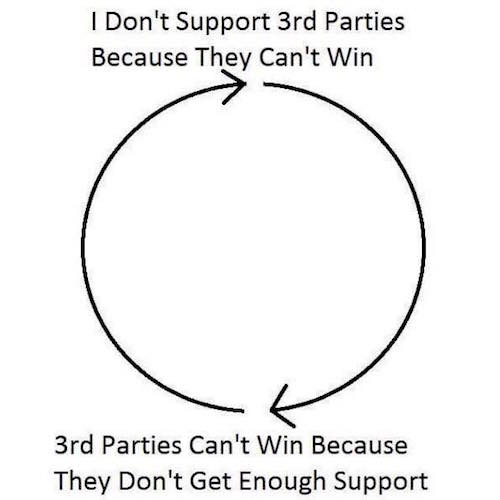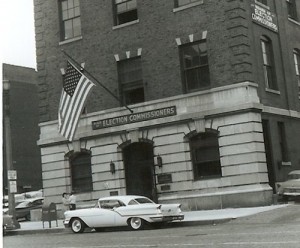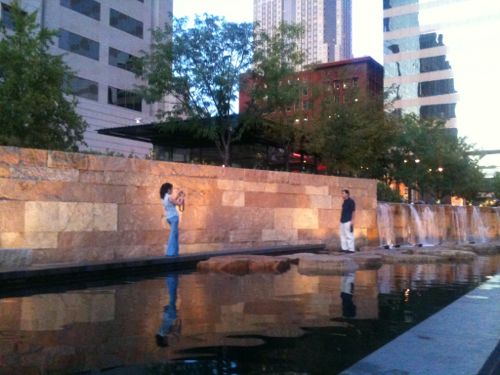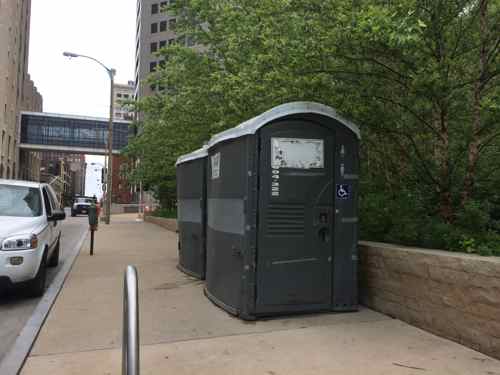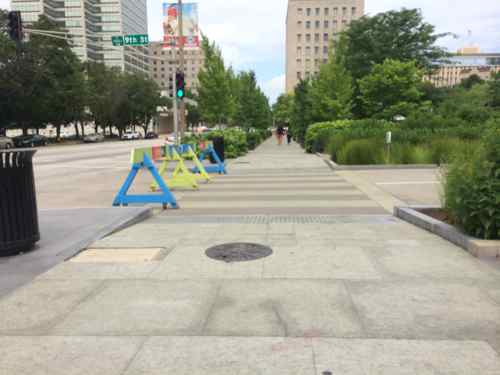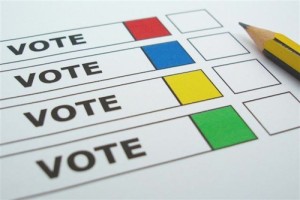A Look at Some of Tuesday’s Primary Results
|
|
From Missouri’s primary held Tuesday August 2, 2016:
U.S. Senator
- (D) In this 4-way race the city & state both picked Jason Kander by a wide margin, with Cori Bush a distant 2nd though better in the city than statewide. Chief Wanna Dubie came in 3rd in the city and statewide.
- (R) Incumbent Roy Blunt easily defeated three challengers from his own party.
- A total of 985,759 Missourians voted in this race, with 67% in the GOP (662,842), 32% in the Democratic (318,742), and the rest in Libertarian & Constitution primary.
- In the city the total votes are as follows: Democrat (40,596), Republican (6,254), Libertarian (126), Constitution (10)
- The 46,986 total votes from the city represents just 4,8% of the statewide vote.
Governor
- (D) Current Attorney General Chris Koster, as expected, easily defeated three primary challengers.
- (R) One of the most watched races. City & statewide voters picked Eric Greitens, but the order of the other three was different: City: 2) Hanaway 3) Kinder 4) Brunner; State: 2) Brunner 3) Kinder 4) Hanaway
- This race received the most votes statewide: 1,011,386 — 67.6% in the GOP primary.
Lt Governor
- (D) Russ Carnahan easily defeated two challengers.
- (R) Mike Parson received 51.5% of the vote in the 3-way race, Bev Randles was a close 2nd with 43.4%
- Unlike statewide voters, City voters in the republican primary picked Randles by a slim margin
Secretary of State
- (D) Robin Smith easily defeated two challengers in both the City and statewide votes
- (R) Similarly, John Ashcroft easily defeated two challengers in both the City and statewide votes
State Treasurer
(D) Statewide & City voters narrowly picked Pat Contreras over challenger Judy Baker.- (D) Statewide voters picked Judy Baker over challenger Pat Contreras, though city voters picked the latter.
Attorney General
- (D) Statewide & City voters picked Teresa Hensley over Jake Zimmerman
- (R) Josh Hawley easily defeated Kurt Schaefer in a hotly contested race, statewide & City
State Representative — District 78
- (D) Incumbent Penny Hubbard received 2,190 votes to Bruce Franks’ 2,106; 50.98% vs 49.02%. Franks hasn’t conceded the race to Hubbard.
State Representative — District 81
- (D) Former Alderman Alfred Wessels defeated two others for the nomination.
St. Louis Circuit Attorney
- (D) Kimberly Gardner received 48.58% of the vote in a 4-way race, 2nd place was Mary Carl with 23.6% — Carl was endorsed by outgoing Circuit Attorney Jennifer Joyce. Since the city is a one-party town, no other party has a candidate in the general election — Gardner will become the city’s first African-American Circuit Attorney (prosecutor).
St. Louis Sheriff
- (D) Vernon Betts won the 5-way race with 43.21% of the vote. Joseph Vaccaro was 2nd with 31,38%. Betts will face minimal opposition in the November general election, will become the new sheriff. However, he will not be the first African-American elected to serve as St. Louis’ sheriff. Benjamin Goins was elected sheriff in 1977 (Source).
Final thoughts
Since Missouri voters aren’t registered to a political party, as is the case in so many states, we can vote in whichever primary we decide. Thus, it’s hard to predict if the overwhelming number of voters in the statewide primary means statewide Democratic candidates don’t stand chance. Ballot issues like medical marijuana will also drive voters to the polls.
We can see that highly contested races at the top of the ballot draw more voters than nominally contested and low ballot races.
Though Missouri has voted Republican in presidential races since 2000, the Trump/Pence ticket might not continue that streak. Will the Green Party collect enough signatures to be on the ballot? Will it get enough votes to guarantee ballot access in 2020?
b
b
